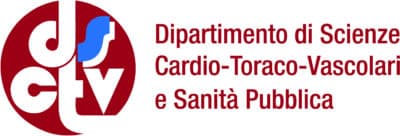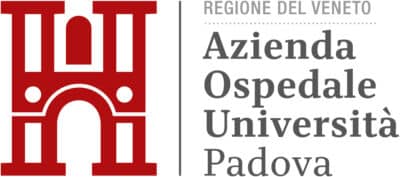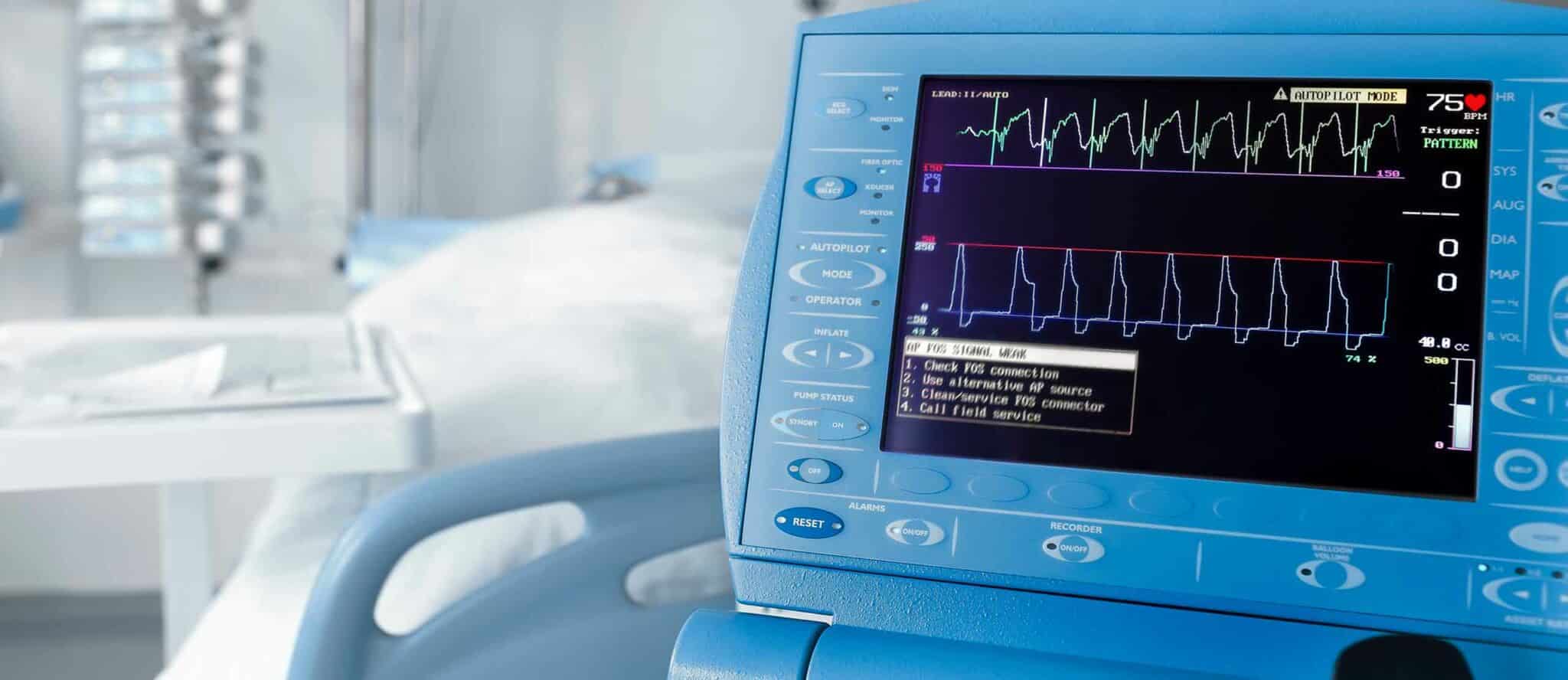

Our Short Specialization Degree in Cardiac intensive care is aimed at mastering the theoretical and practical skills needed when managing patients in cardiac intensive care.
Following a pathophysiological approach, our course focuses on the use of technical equipment generally used in cardiac intensive care.
The general concepts of patient management in the cardiology intensive care unit will be illustrated: cardiovascular monitoring and diagnostics in the acute cardiology patient, drug therapy and management of mechanical supports in the critical cardiology patient. Aspects related to the use of the technological equipment normally used in the cardiological intensive care unit are then examined in depth.
Our Short Specialization Degree in Cardiac intensive care is aimed at training professionals to autonomously perform the following tasks:
- Performing and interpretating instrumental examinations for acute cardiologic patients
- Obtaining and reading critical patients’ hemodynamic data
- Establishing the diagnosis and treatment of patients in cardiac intensive care
- Choosing the optimal therapy for the critical cardiology patient
Our Short Specialization Degree in Cardiac intensive care is addressed to doctors and aimed at training professionals who will be able to deal with major acute cardiovascular diseases and critical cardiologic patients based on an appropriate process of diagnosis and treatment.
Students will have the chance to improve their interaction skills with cardiologists who work in intensive care, anesthetists, and heart surgeons during the treatment of acute cardiologic patients. They will also have the chance to seek career opportunities in dedicated wards/departments.
With our Short Specialization Degree, students will also learn how to:
- Assess international guidelines and constant updates of dedicated literature in the field of cardiac intensive care
- Perform and interpret instrumental examinations for acute cardiologic patients
- Obtain and read critical patients’ hemodynamic data
- The ability to choose and modulate the most appropriate therapy in the critical cardiology patient.
The Short Specialization Degree in Cardiology Intensive Care aims to train high-level professionals who can, operationally, implement all the main skills in the diagnostic framing and clinical and therapeutic management of the critical cardiology patient and in particular of the patient with decompensation in its most advanced forms up to the patient who is a candidate for left ventricular assistance and heart transplantation.
During the meetings in the Short Specialization Degree in Cardiac Intensive Care the following topics will be addressed:
THE MONITORING OF THE CRITICAL PATIENT IN THE CARDIAC INTENSIVE CARE UNIT
- Modalities advantages and limitations of invasive and non-invasive monitoring
THE ROLE OF IMAGING IN THE MANAGEMENT OF THE CRITICAL PATIENT IN THE CARDIAC INTENSIVE CARE UNIT
- Role of echocardiography and ultrasonography
- Magnetic resonance imaging in the critical cardiology patient
THE MANAGEMENT OF CARDIOGENIC SHOCK
- Pathophysiology
- Medications
- Mechanical support of the circulation
- Cardiac transplantation in 2025-26
CARDIAC CONGESTION IN THE CRITICAL CARDIOLOGY PATIENT
- How to diagnose it
- Therapeutic approach
HAEMOGASANALYSIS
- How to interpret haemogasanalysis data
PREVENTION AND MANAGEMENT OF RENAL FAILURE IN INTENSIVE CARE
- Heart-kidney interaction
- Purification techniques
- How to manage patient depuration machines
VENTILATION IN THE CRITICAL PATIENT IN CARDIOLOGY INTENSIVE CARE UNIT
- Modalities advantages and limitations of non-invasive ventilation
- Advantages and limits of invasive ventilation
- How to implement protective ventilation
- Heart-lung interactions
MANAGEMENT OF THE PATIENT WITH CARDIAC ARREST
- Aetiology and epidemiology of the different forms of cardiac arrest
- Pre-hospital management of cardiac arrest
- ECLS and simulated cases
- Management of the patient resuscitated from cardiac arrest
FEVER MANAGEMENT IN INTENSIVE CARE
NUTRITION IN THE CARDIAC CRITICAL CARE PATIENT
INFECTION PREVENTION AND THERAPY IN THE CARDIAC INTENSIVE CARE PATIENT
PULMONARY HYPERTENSION
- Diagnostic framework
- Therapy of the various forms of pulmonary hypertension
PHARMACOLOGICAL AND NON-PHARMACOLOGICAL DIAGNOSIS AND THERAPY OF THE MAIN ARRHYTHMIAS IN INTENSIVE CARE
STEMS AND NSTEMIAS: ANTITHROMBOTIC AND ANTICOAGULANT THERAPY
CHOLESTEROL CONTROL
ETHICAL ASPECTS RELATED TO THE END OF LIFE
- Therapeutic futility and palliative care
MYOCARDIAL BIOPSY AND DIAGNOSTIC FINDING
The general ranking of merit for the academic year 2025/26 will be published on the Italian page of this Master according to the timing provided in the Call.
Information
FAQ
The Short Specialization Degree in Cardiology Intensive Care takes place over one year at the Cardiology Clinic of the University of Padua.
Meetings will be monthly, almost exclusively on Fridays and Saturdays.
Classroom attendance is required, but it is also possible to participate in the meetings, if unable to come to the premises, remotely via zoom and in any case all lectures and slides presented will be subsequently available on the site.
No, the activities focused on the assistance and support of critical cardiovascular patients will take place at the Cardiac Intensive Care of Padua.
Yes, the final examination will consist of the presentation of a topic related to cardiology intensive care or a clinical case.

